Get the latest news, inspiring stories, upcoming events, and valuable support services delivered straight to your inbox.
NEWS and UPDATES
ALL NEWS
Filter by type

Discover our bold new ten-year strategy
September 17, 2025
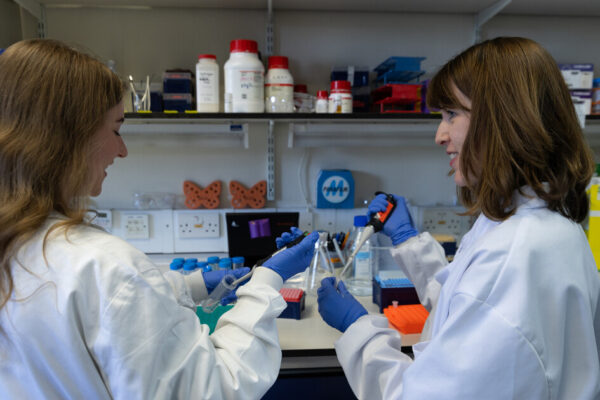
Our research investment keeps growing
September 12, 2025
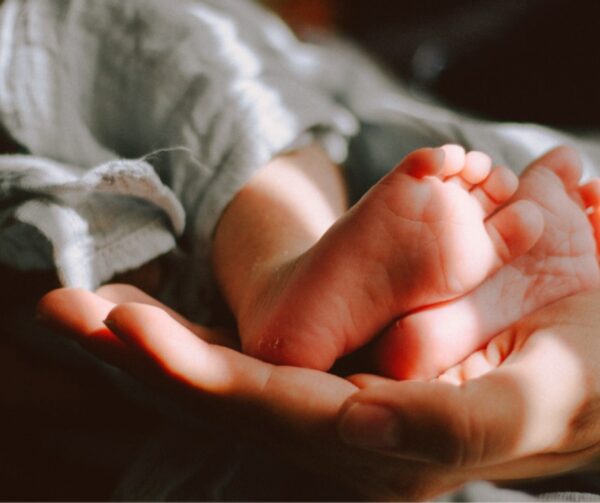
SMA to be added to newborn screening programme in Scotland from Spring 2026
September 8, 2025

Study begins to uncover how exercise affects muscles in FSHD
August 22, 2025

Givinostat: more evidence needed before a decision on NHS access in England
August 11, 2025

How gene editing could transform muscle repair
July 25, 2025
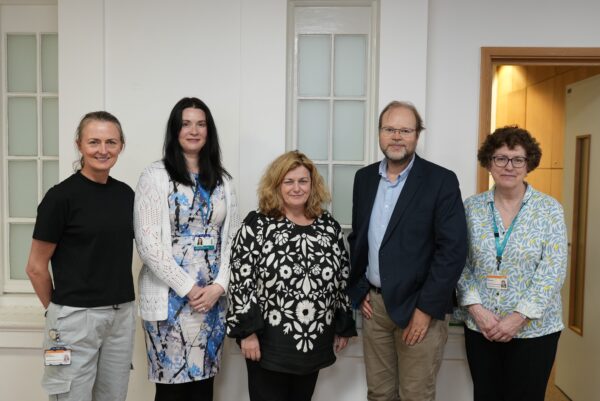
Our £1 million investment to transform clinical trials for Charcot-Marie-Tooth disease
July 15, 2025
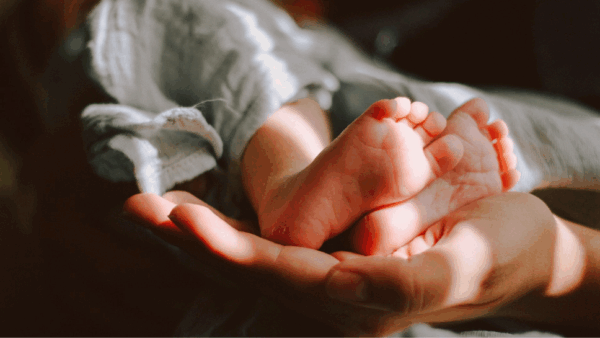
Our work with partners to speed up the introduction of newborn screening for Spinal Muscular Atrophy
July 9, 2025
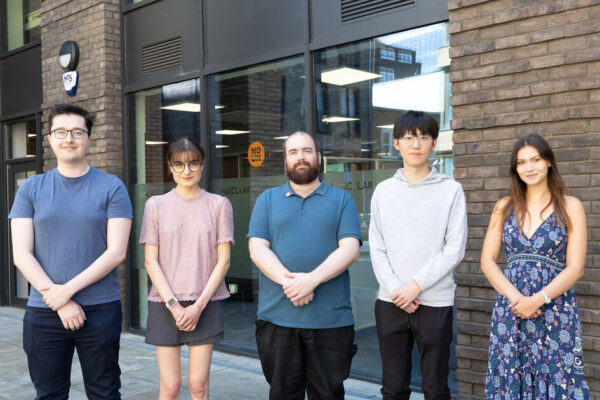
How we’re supporting the future of research into muscle wasting conditions
July 4, 2025
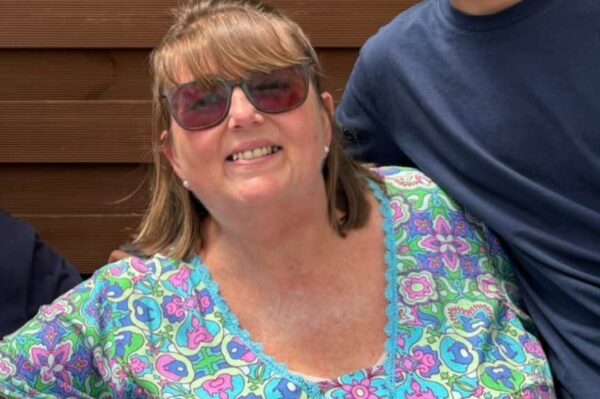
Second treatment for myasthenia gravis not approved for NHS use in England
June 26, 2025

New FSHD treatment shows early promise in clinical trial
June 16, 2025
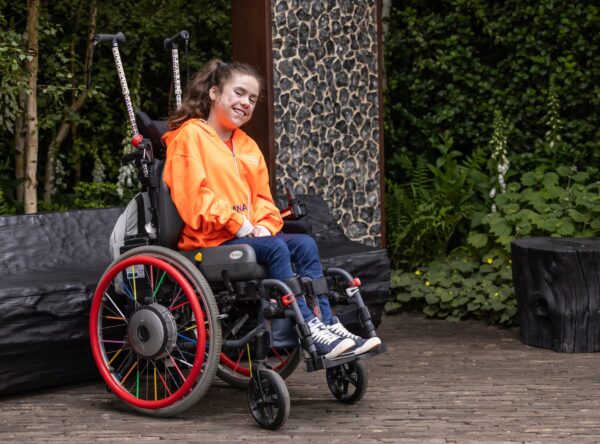
Our Young Ambassador Carmela makes history as youngest ever MBE
June 13, 2025
